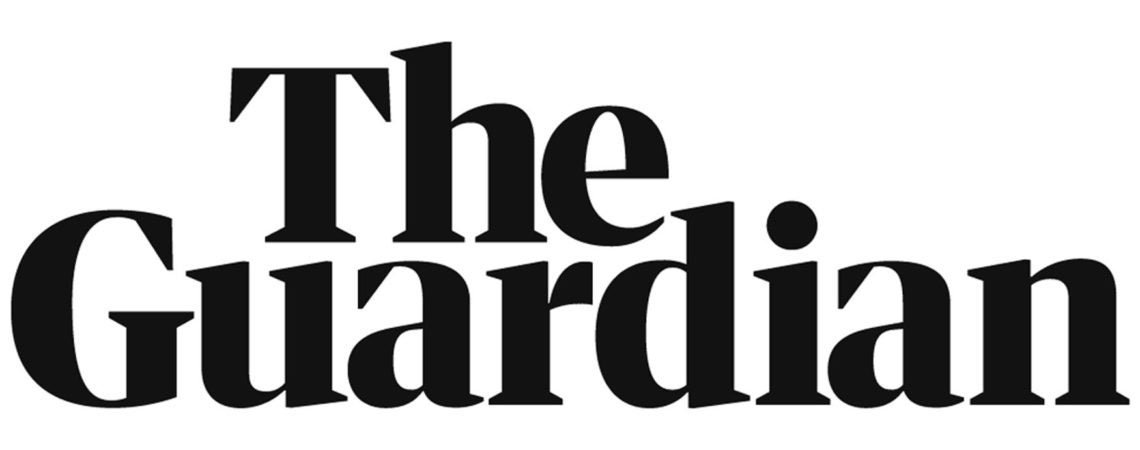The treasurer, Josh Frydenberg, has joined Australia’s voice to a coalition of nations urging the US and China to abandon their trade war, arguing the entire global economy is suffering as a result.
In a pointed plea that doesn’t mention the economic superpowers by name, but is unmistakably aimed at them, the treasurers and finance ministers of four middle-power nations – Australia, Canada, Singapore, and Indonesia – have warned “the risks of collateral damage are growing”.
“We should not resort to unilateralism and protectionism,” the group write in an article on the website of Australian Strategic Policy Institute publication the Strategist. “Pursuing confrontation instead of dialogue will only exacerbate risks, erode confidence and weaken the prospect of global economic recovery. Compromise is key to achieving win–win outcomes and mutual trust.”
While acknowledging that legitimate issues in the global trade system must be addressed, Frydenberg, the treasurer of Australia, Heng Swee Keat, deputy prime minister and finance minister of Singapore, Sri Mulyani Indrawati, finance minister of Indonesia, and Canadian finance minister Bill Morneau argue that uncertainty over the global outlook is forcing a slowdown in trade and manufacturing.
“Financial-market volatility and currency instability are on the rise, amid declining capital flows to emerging economies. Deteriorating global trade conditions are affecting investor confidence, business spending and productivity.
“We need to reverse course, and that requires acting collectively … we need to protect free and open markets.”
The ministers said the multilateral system established after the end of the second world war “allows both big and small countries to fulfil their potential”. Australia, Canada and Indonesia are members of the G20. Singapore is a regular invitee to the forum as leader of the Global Governance Group of small to medium-sized economies.
To read the rest of the article click here

